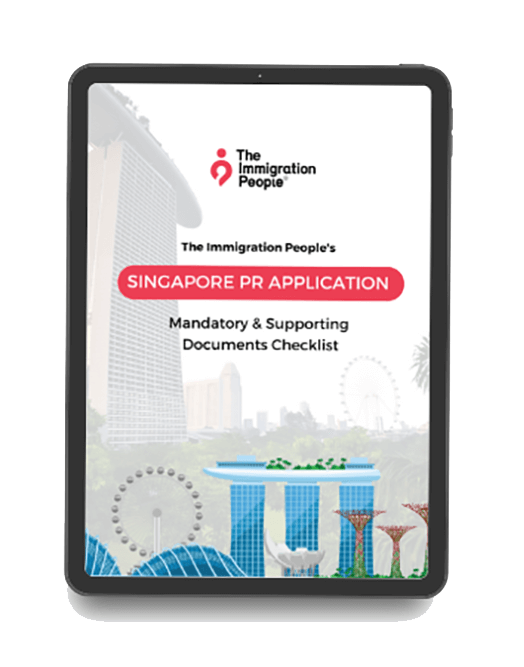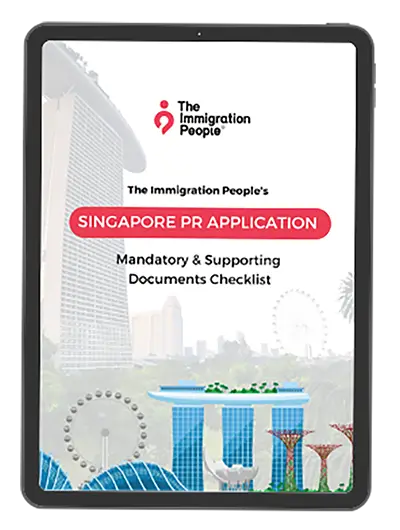中国和新加坡的大学都以致力于教育而闻名,但它们提供的体验截然不同。本文旨在突出中国和新加坡大学之间的四个主要差异,以帮助有意出国留学的中国学生做出明智的决定。
教学语言
中国:
在大多数中国大学,主要的教学语言是普通话,尽管英语授课的课程正变得越来越普遍,特别是在商科和科学领域。
新加坡:
相比之下,英语是所有新加坡大学的主要教学语言。这对于计划在国际环境中工作或希望提高英语水平的学生来说是有利的。
全球排名和声誉
中国:
中国的大学,如北京大学和清华大学,在全球享有盛誉,并在过去几年的世界大学排名中名列前茅。它们的科学和工程课程特别受到赞誉。
新加坡:
新加坡的大学在全球大学排名中一直名列前茅。像新加坡国立大学(NUS)和南洋理工大学(NTU)这样的机构以其强大的研究产出,创新的教学方法和与工业的紧密联系而闻名。
校园生活和文化
中国:
中国的大学通常提供紧密的校园文化,为学生提供各种校园活动和俱乐部。在中国大学的大部分学生都是本地人,这意味着国际学生有机会充分融入中国文化。
新加坡:
另一方面,新加坡的大学有着多元化的学生群体,其中包括高比例的国际学生。这提供了更全球化的校园体验。虽然中国文化在新加坡占据重要地位,但学生们也有机会体验到包括马来和印度在内的其他文化的融合。
毕业后的机会
中国:
在中国,许多大学与本地公司建立了关系,为学生提供实习和毕业后可能的就业机会。然而,希望在国际市场工作的毕业生可能会面临语言障碍,除非他们精通英语或他们想要进入的市场的语言。
新加坡:
作为全球商业中心的新加坡为毕业生提供了丰富的工作机会。许多国际公司在新加坡设有区域总部,这可能为毕业生提供工作机会。此外,新加坡对英语教育的重视为学生在国际环境中工作做好了准备。
学费和奖学金
中国:
虽然中国的教育成本根据大学和课程的不同而大相径庭,但总的来说,中国大学的学费低于新加坡。一般来说,一个本科的国际学生可能需要支付2500美元到10000美元的学费。中国也有一些奖学金供国际学生申请,包括中国政府奖学金和个别大学提供的奖学金。
新加坡:
相比之下,新加坡大学的学费通常较高。一个本科的国际学生可能需要支付10000美元到25000美元的学费。然而,经济援助的选择也非常丰富。新加坡政府和个别大学为国际学生提供各种奖学金,包括来自东盟和其他国家的奖学金。新加坡政府的学费资助计划也有助于为学生提供学费补助,以换取他们毕业后在新加坡工作的承诺。
教育风格和课程
中国:
在许多中国大学,教育风格往往以老师为中心。通常强调死记硬背和记忆。然而,一些大学正在开始将更多的实践元素和基于讨论的学习纳入课程。
新加坡:
另一方面,新加坡大学通常遵循更西式的教育方式。重点不仅在于理论知识,而且在于批判性思维,解决问题和创造力。这体现在他们的课程中,通常包括小组项目,演讲和其他互动学习方法。
现在,考虑到学费、奖学金和教育风格等额外因素以及早些时候讨论的方面,学生可以更全面地了解他们可能从中国和新加坡的大学中得到什么。然而,必须记住,每个国家内不同机构的体验可能会有显著的差异,最好的选择取决于个人的具体需求和情况。
Frequently Asked Questions On Singapore PR Application For Spouse
Can an LTVP holder apply for Singapore PR?
The foreign spouse of a Singapore PR or citizen who is an LTVP holder can apply for Singapore PR under the sponsored scheme.
A married EP holder and LTVP holder couple can also apply for Singapore PR, with the EP holder being the main applicant.
ICA will evaluate each PR application fairly. Want to know your eligibility chances? Let us calculate for you: https://www.tip.com.sg/pr-application-e-preliminary-profile-analysis.html
What Is the Success Rate for Spouse PR Applications in Singapore?
The success rate for spouse PR applications in Singapore varies based on numerous factors, such as the applicant's qualifications, financial standing, and family ties. The ICA does not release specific success rates, as each application is assessed case by case.
Can My Spouse Work in Singapore While Waiting for The PR Application Outcome?
Your spouse can work in Singapore while waiting for the PR application outcome if they have a valid work pass, such as an Employment Pass or S Pass.
Does My Spouse Need to Be in Singapore During the Application Process?
No, your spouse does not need to be physically present in Singapore throughout the entire application process. However, if the ICA requires, they may need to be in Singapore for certain stages, such as submitting biometrics or attending an interview.
Can My Spouse's Children from A Previous Marriage Also Apply For PR?
Your spouse's children from a previous marriage can apply for PR if they have legal custody over them. You will need to provide custody documents in the PR application.
The ICA will assess their eligibility based on the child's age, relationship with the applicant, and financial support.
Can My Spouse Apply for Citizenship After Obtaining the PR Status?
Yes, after obtaining permanent residency status, your spouse can look forward to applying for Singapore Citizenship.
The selection criteria for a Singapore Citizenship application are much stricter.
They must meet minimum eligibility criteria, which typically include being a PR for at least two years and not losing the PR status due to a case of an expired Re-Entry Permit (REP).
But before considering citizenship status, we encourage keen applicants to ensure that they consistently demonstrate good character, have strong family ties, and are well financially.
Will My Spouse Need to Complete National Service If They Are PR Approved?
From our experience handling PR applications for adult male applicants (typically in their 30s and above) under Sponsored Spouse Scheme, they are generally exempted from the National Service as they are not suitable for full-time NS at that age and did not enjoy any benefits before their PR.
Under the Enlistment Act, all male Singapore Citizens and Permanent Residents, unless exempted*, must serve National Service (NS). NS-liable persons are required to register for NS upon reaching 16 and a half years old and will be scheduled for enlistment at the earliest opportunity upon reaching 18 years old.
Deferment from NS for university studies will not be granted regardless of whether such studies have begun. Those pursuing full-time GCE ‘A’ Level or Polytechnic Diploma studies (or equivalent) may be granted deferment if they meet the deferment conditions stipulated by the Ministry of Defence.
*All male applicants must access www.cmpb.gov.sg for information on NS deferment, the pre-enlistment process and Exit Permit requirements before proceeding with the application.
Can My Spouse Maintain Their Existing Citizenship After Obtaining Singapore PR?
Yes, your spouse can maintain their foreign citizenship after obtaining Singapore PR.
However, if your spouse later decides to apply for and is granted the Singapore citizenship status, they must renounce their original citizenship, as Singapore does not allow dual citizenship.
Does My Spouse Need a Job Offer in Singapore to Apply For PR?
No, a job offer is not a strict requirement for a Singapore permanent residency application under the sponsored scheme.
However, having a job or a job offer in Singapore can strengthen your spouse's PR application, demonstrating their ability to contribute to the local economy and support themselves and their family.


